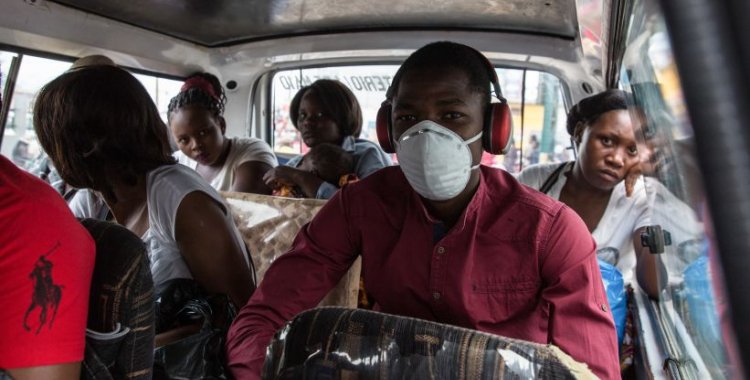According to the authors of the predictive modeling study, these figures reveal lower rates of exposure and viral spread than in other parts of the world.
In spite of everything, the researchers warn that the associated increase in hospital admissions, care needs and the impact on other health conditions in the region would exert strong pressure on the continent's limited health resources and worsen the impact of the new coronavirus.
The estimate takes into account the unique characteristics of the region and each country, namely social, development, environmental and health factors of the population, which, the authors indicate, affect the spread of the virus and the severity of covid-19.
The study points out that the pandemic may spread more slowly in Africa, with fewer serious cases and deaths than in other parts of the world such as the United States of America and Europe, but it is likely to last longer, and possibly for many years.
Without adequate measures to control the spread of the virus, estimates indicate a higher risk of exposure in small countries, he says, pointing to Mauritius among the most vulnerable states, while countries with a small population, such as Niger, Mauritania and Chad, are probably less vulnerable.
Per capita, the researchers' calculations place Equatorial Guinea, Mauritius and Seychelles as the countries that are likely to have the highest percentages of infected people.
Among the major countries in the region, Cameroon, South Africa and Algeria would be the most at risk, while Nigeria would be the country with the highest number of positive cases, followed by Algeria and South Africa.
In total, about one in four (22 percent) of the billion people in the African region of the World Health Organization (WHO) would become infected in the first 12 months, with an estimated 37 to 33 million of them having symptoms.
The WHO Africa region covers 47 countries, but excludes Djibouti, Egypt, Libya, Morocco, Somalia, Sudan and Tunisia.
The study also states that between 4.6 million and 5.5 million people would have to be hospitalized, with 140,000 suffering a serious infection and 89,000 would be seriously ill.
The estimate points to 150 thousand deaths, but admits that the number could reach 190 thousand.
In addition, the associated increase in hospital admissions and health care needs would divert already limited resources used to address major health issues in the region, such as HIV, tuberculosis, malaria and malnutrition, effectively worsening the impact of new coronavirus, warn researchers.
This situation is aggravated by the fact that some of the hospital admissions occur in areas where access to health services is already deficient, especially for the most disadvantaged, and by the limited capacity for testing and diagnosis and insufficient monitoring and data collection systems.
"These challenges to the system's capacity underline the need to ensure the success of containment measures to avoid the need for mitigation measures which, although relatively fewer cases are expected in the region, will be difficult to institute," write the authors.
The researchers also describe the success of the containment measures as fundamental, such as contact tracking, isolation, hand washing and physical distance.
"Countries in the WHO African region need to expand the capacity of their primary hospitals, in particular, to mitigate the implications of the widespread spread of SARS-CoV-2 to the community", and that includes "basic emergency care needs" , they claim.







